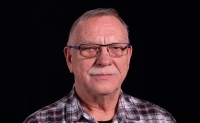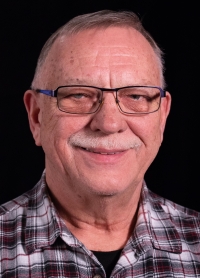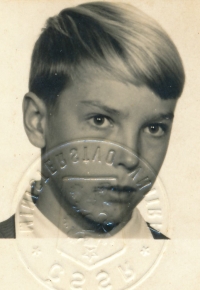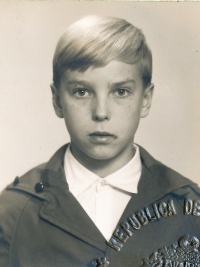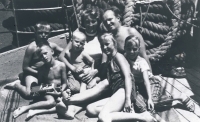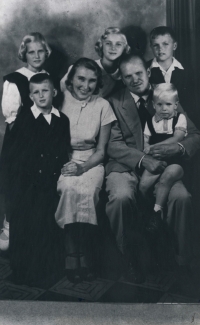I wanted to thank them for how badly they shot
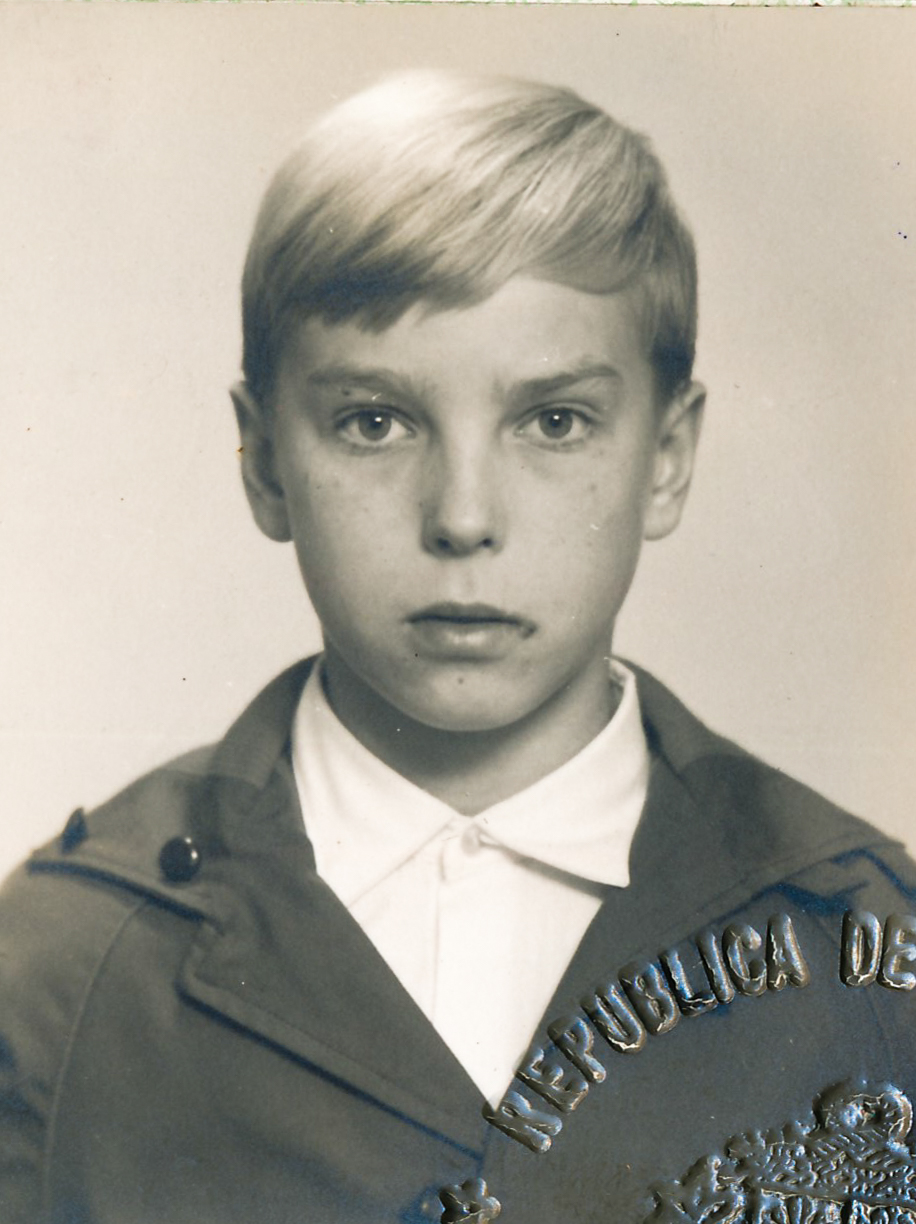
Download image
Ctibor Šindar was born on the 20th of May of 1955 in Venezuela as the youngest child in the family of a Czech joiner Karel Šindar and a Polish, Olga Mirková. Ctibor spent a considerable part of his childhood travelling between Europe and Venezuela. The family lived for some time in Switzerland and Austria as well. In 1961, Ctibor and the family were arrested when entering Czechoslovakia. The whole family was held for a month in the Ruzyně prison. After their release, the family lived in Třeskonice and in the Jáchymov are. In August 1967, Karel Šindar along with his wife, children and a baby granddaughter escaped in dramatic circumstances across the border crossing to Austria. Ctibor was intercepted and watched how the customs officers shoot at his family. He spent the month after his family’s escape in various childcare facilities in Czechoslovakia. With the help of the Red Cross and journalists, he managed to get to Austria where he met his family again; they escaped only with wounds. They moved to Venezuela together and Ctibor started to work in the family joiner workshop. In Venezuela, he married twice. He has one child from each of the mariages, older son and younger daughter. In 1996, he and his second wife moved to Czech Republic where they still live.
